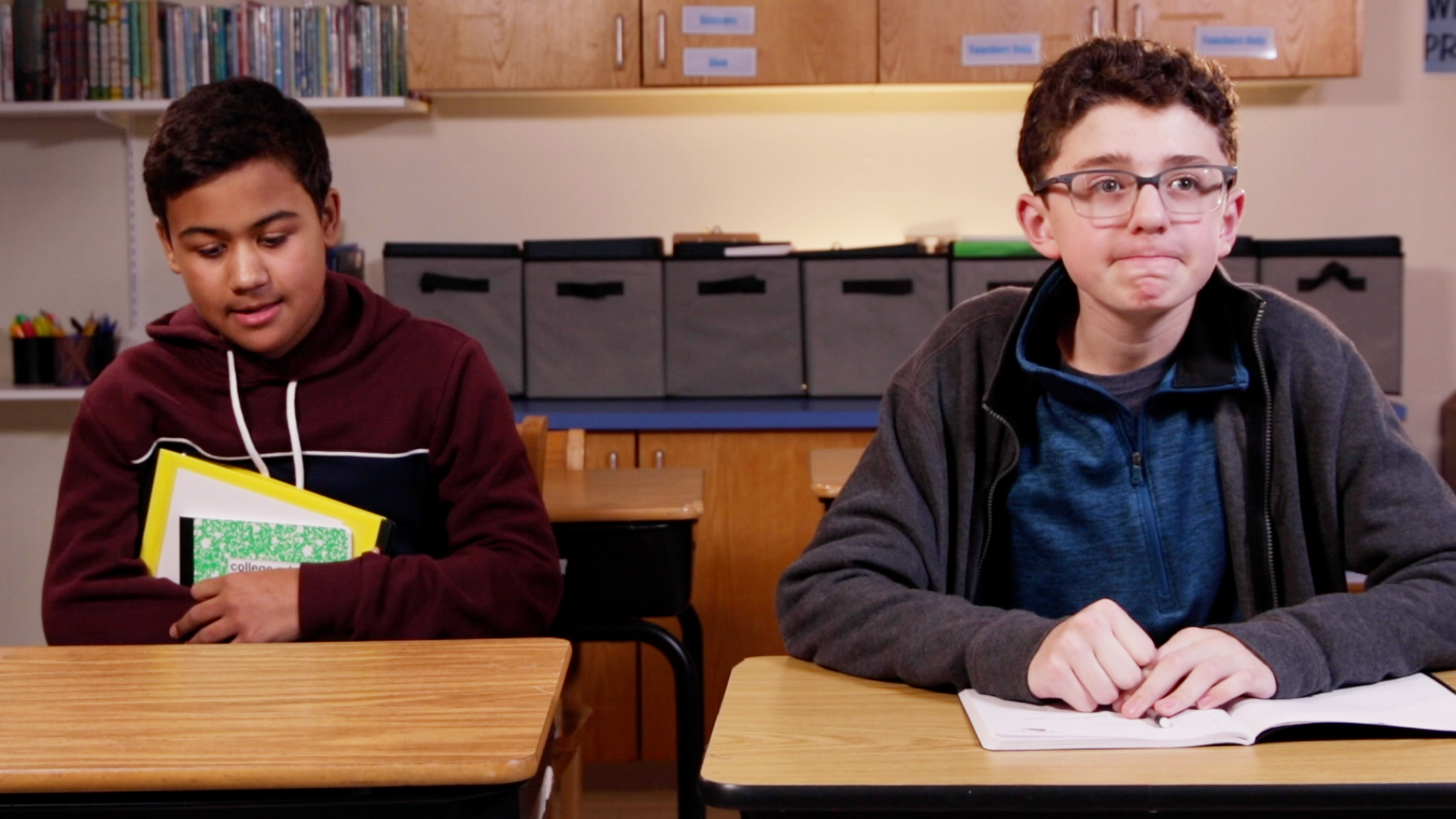
Introduction
Small talk is a critical social skill that helps create comfortable and friendly environments when interacting with others. For students in special education, learning to engage in small talk can be essential for fostering positive relationships and reducing social anxiety. This blog post will introduce the Two W’s approach to teaching small talk: Weather and Weekend. By focusing on these two universal topics, educators can help their students navigate social situations with ease and confidence.
No-Prep Activity: The Two W’s Role-Play
To help students practice using the Two W’s in small talk, facilitate a role-play activity that requires no preparation or materials. Divide the class into pairs and assign each person in the pair to be either Person A or Person B. Instruct Person A to initiate a conversation with Person B using a statement or question related to the weather. Person B should then respond and follow up with a statement or question about the weekend. Encourage students to keep the conversation going for at least 1-2 minutes, with each person alternating between the Two W’s. After the activity, discuss the experience and any challenges the students faced during the role-play.
Discussion Questions
- Why is small talk important in social situations? How does it help make people feel more comfortable?
- What are some examples of statements or questions you could use to start a conversation about the weather or the weekend?
- How can you tell when it’s time to end a small talk conversation or transition to a different topic?
- What are some challenges you might face when engaging in small talk? How can you overcome these challenges?
- Why is it essential to practice small talk skills, especially for students in special education?
Related Skills
While small talk is an important skill for students in special education, there are many other social-emotional learning skills that can help them succeed in various social situations. Some of these related skills include:
- Active listening
- Empathy and understanding others’ perspectives
- Nonverbal communication (body language, facial expressions, etc.)
- Appropriate self-disclosure
- Conflict resolution and problem-solving
Next Steps
Teaching small talk skills to special education students can have a significant impact on their social success and overall well-being. By using the Two W’s approach and incorporating principles of social-emotional learning, educators can help their students develop the confidence and competence needed to navigate various social situations. To explore more resources and activities for teaching small talk and other essential social skills, sign up for free samples of skill-building materials at Everyday Speech.

